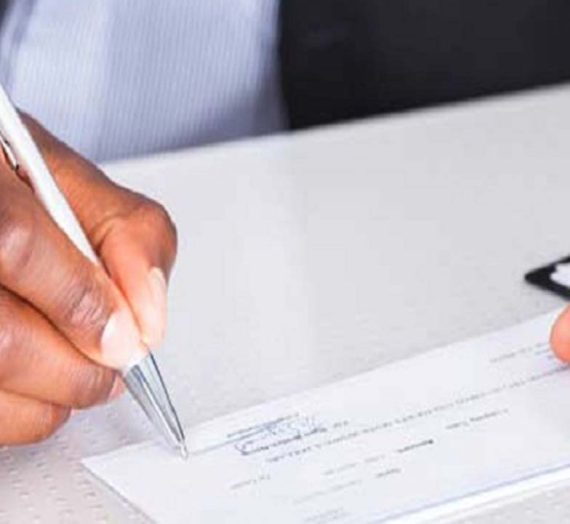In this piece we will be dealing with the effect of failing to honor a court’s invitation or summons in Nigeria.
What if I get a Court Summons?
Let’s paint the scenario briefly. So, you are relaxing on your cozy chair in your living room after the day’s activities, and you hear a knock on the door. You aren’t expecting any visitor. However you sluggishly get the door only to be greeted by a stony faced man with a document for you from the Court. “I have not taken any one to Court in my life nor has any one done same to me” you blurt out in astonishment.
You are now torn between attending Court on the basis of that document or staying away from Court since you are convinced that you have no business to be there. Kindly note that the situation described here is not one where you are arrested and ‘charged’ to Court for an alleged offence.
That said, relax as we aid you to reach a plausible decision before the D-day.
First allow me to get you acquainted with what that court document is. Depending on two determinants, that document could either be –
- a witness summons or
- a subpoena.
One of such determinants is the Court that issues the document. If the document was issued by a Superior Court such as the High Court, Court of Appeal or the Supreme Court, it would be either a witness summons or a subpoena.
On the other hand, where the document was issued by an Inferior court such as the Magistrate or District Court, it would be a witness summons. This is because, an inferior court cannot issue a subpoena.
For the second determinant, the document would be a witness summons if the individual for whom it is issued is a party or witness in a case that is pending before the Court. The document would however be a subpoena if the individual who is ordered to attend court is not a party or witness in the case pending before the Court, but the Court has reasons to believe that such individual will aid in the just determination of the case before it.
Now that it has been established that the Court document would be either a witness summons or a subpoena, what happens if you choose to ignore it?
Where a witness summons is issued for an individual to come and testify in court as regards a matter, and he or she fails to attend court on the specified date, the individual will be foreclosed (i.e prevented from giving evidence on any further date) in relation to the matter.
A stricter punishment awaits an individual who disobeys when subpoenaed to give evidence in Court or tender documents. Such disobedience of a Court order is a grievous offence which usually attracts sanction from court. Contempt proceedings (a form of criminal proceeding) may be instituted against the defaulter for disobeying the subpoena and if found guilty will liable to being punishment. Also, a warrant of arrest maybe issued to secure the defaulter’s attendance in court.
I am certain that by now you would have made up your mind on the right step to take in relation to that Court document. Try not to run foul of the law. It is your duty to answer when called, summoned or invited by the Court.
What if I am a Defendant in a case and I refuse to go to Court
If you have been sued in a case that is pending before the Court, it is important that you go to Court and get the services of a Lawyer to represent you. Why is this important? If as a Defendant, you refuse to attend Court and defend the case pending against you, the Court can give judgment against you even in your absence. This is called a default judgment and it is valid. This default Judgment can be enforced against you.
Thank you for reading.
Written By Queen Ukpo BL
In case, you enjoyed this piece, you could read any other of our ‘What if’ pieces here –
What If I issued a Dud or Bounced Cheque in Nigeria?
What if I Only Assisted in Planning The Crime…Am I Guilty?
Every effort has been made to ensure the accuracy of this publication at the time it was written. However, this publication is not intended to serve as legal advice, solicit for briefs or suggest a guaranteed outcome as individual situations will differ and the law may change from time to time. Readers considering legal action or needing legal support should consult with a lawyer to get proper advice affecting their specific circumstance or set of facts. For further information on the contents of our site and related topics, please send us an email via contact@ls-ng.com



